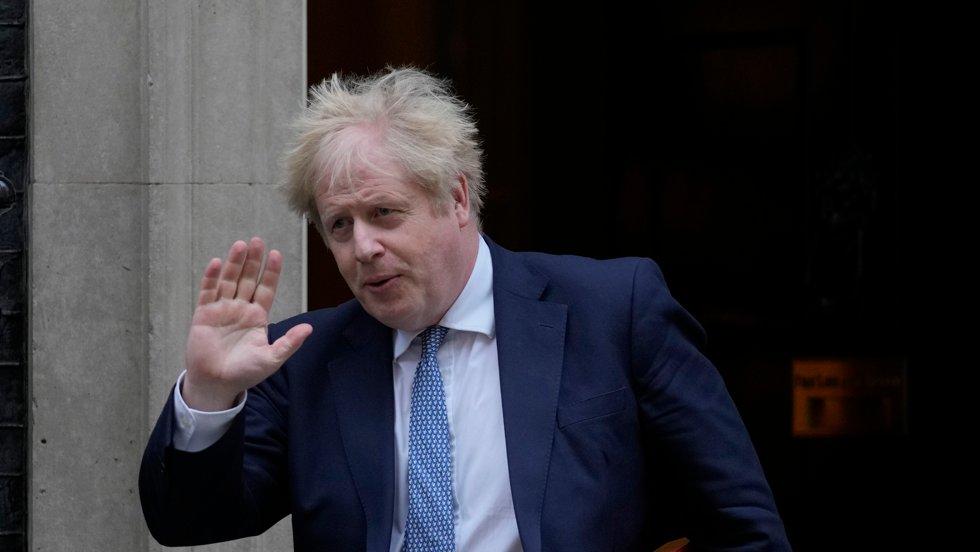Thus, a total of 20,765 cases of infection have been registered in the past seven days, an increase of 24 percent compared to the previous week.
The rise in infections has led researchers to suggest that the UK is now in the third wave of the pandemic, at the same time that nearly six in ten of the population have received the vaccine.
The daily number of infections remains well below the peak of nearly 70,000 during the second wave of infections in mid-January.
The increase casts doubt on the government’s plans to lift all remaining social restrictions by June 21.
The case continues during the video
[ Her er påstandene som har skapt storm rundt Boris Johnson ]
Indian variant
Up to 75 per cent of the new cases are believed to be from the Indian variant of the coronavirus which is more contagious than other variants. This has led countries such as France and Germany to impose strict restrictions on travelers from these countries.
Critics say the Conservative government is to blame for the rapid spread of the Indian variant in Britain. They believe authorities have been too slow to impose the strictest quarantine requirements on anyone arriving from India – which was marred by a catastrophic infection wave with soaring numbers of people dying and infected.
[ Mer smittsom indisk variant sprer seg – truer videre gjenåpning ]
Quick Vaccination
Some experts believe the rise in infections after Britain’s gradual reopening is not surprising, but rapid vaccination could stop infections.
58 per cent of the UK population have received at least one dose of coronary vaccine, while around 35 per cent have been fully vaccinated.
On Friday, British authorities approved the use of the Johnson & Johnson vaccine, which requires only one bite. Thus, the UK has four coronary vaccines available.
While most older people and people with underlying illnesses have so far been vaccinated, the goal is to offer all adults the vaccine by the end of July.
[ Slik har britene gått fra nær null til hundre i koronatiltak ]
Younger ones can be affected
– It appears that the Indian variant will largely be reserved for the young, unvaccinated population, said James Naismith, professor at the University of Oxford.
– It is unlikely that this group will become seriously ill. But the small probability is not equal to zero. With such a high number of infections, a large number will become seriously ill, Naismith said.
Prime Minister Boris Johnson’s government announced a decision on June 14 on the next steps in a gradual reopening. Last week, pubs and restaurants returned to serving indoors.
[ Klemmer, gledestårer og øl på menyen da Storbritannia åpnet opp igjen ]

“Certified introvert. Devoted internet fanatic. Subtly charming troublemaker. Thinker.”

:quality(70)/cloudfront-eu-central-1.images.arcpublishing.com/mentormedier/ZZ4RH6V7HVNJX7EGXKRBXA5XTQ.jpg)





